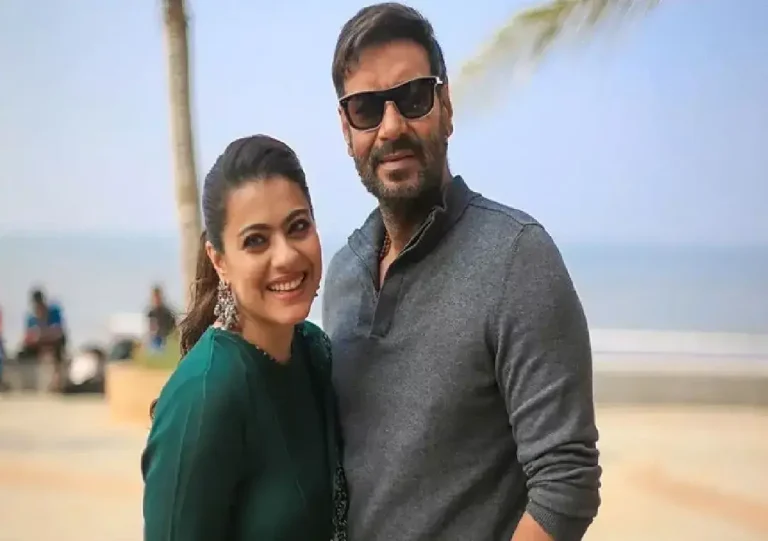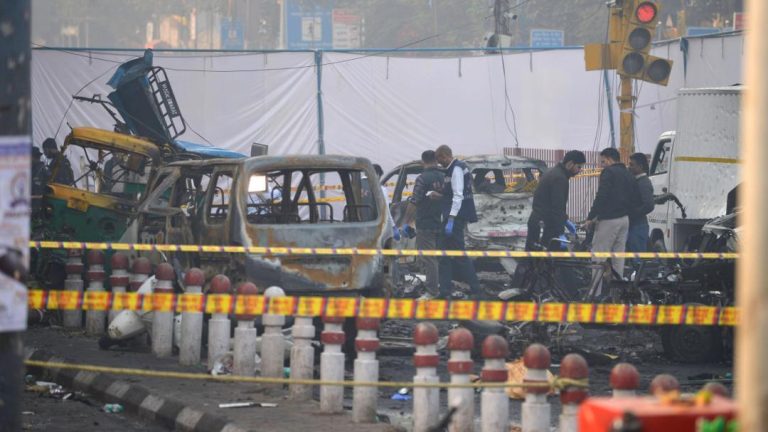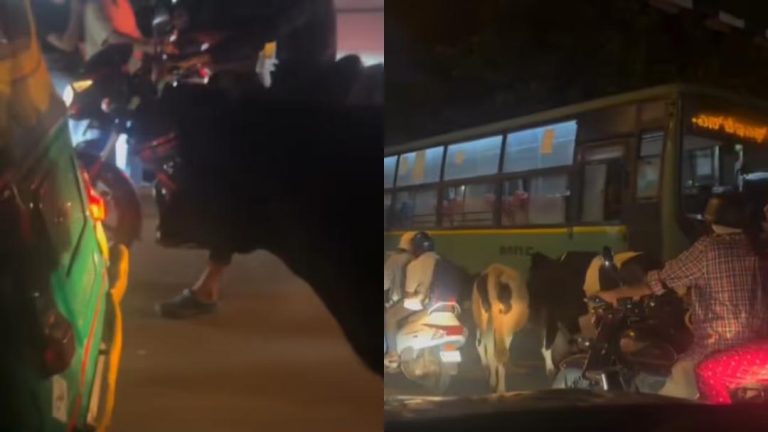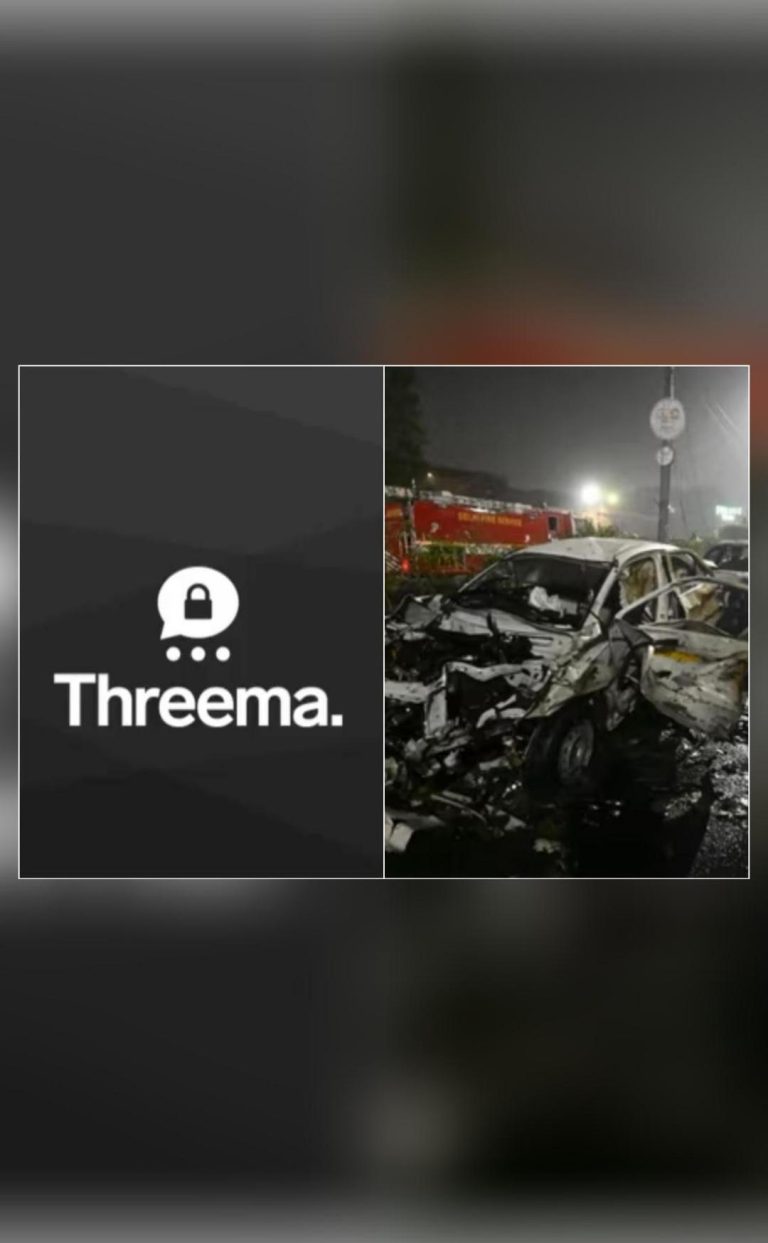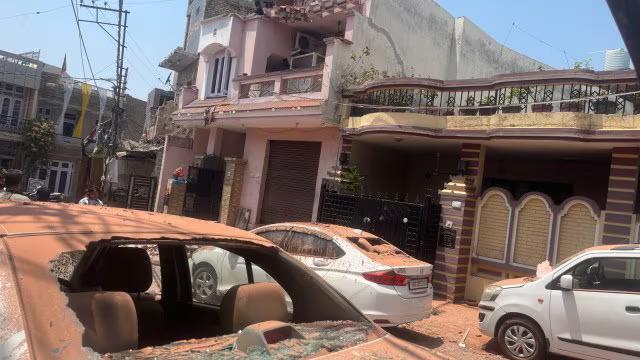
I Feel I’m Alive Again: J&K Resident After Ceasefire Announcement
The announcement of a ceasefire between India and Pakistan has sent waves of relief and hope across the border regions, particularly in Jammu and Kashmir. For Khalil Ahmad Bandey, a 70-year-old retired forest official in Poonch, the news has brought a sense of rebirth. “Today, I feel I am alive again,” he exclaimed, a mix of emotions evident in his voice.
Khalil’s words are a testament to the enduring impact of the decades-long conflict between the two nations on the lives of ordinary people. The constant barrage of artillery fire, mortar shells, and gunfire has become a part of daily life in the region, leaving a trail of destruction, displacement, and loss in its wake. The psychological toll of living under the constant threat of violence has been just as devastating, eroding the fabric of communities and individuals alike.
For Khalil, the ceasefire announcement has brought an end to the uncertainty and fear that had become an integral part of his life. “You can’t imagine; we people had vowed so many niyaz (an offering of food or other gifts to fulfill a vow) to have a ceasefire between the two countries,” he said, his eyes welling up with tears. The weight of those vows, made in the face of unimaginable hardship, has finally been lifted.
The people of Poonch, like those in other parts of Jammu and Kashmir, have been bearing the brunt of the conflict for decades. The region has seen countless skirmishes, battles, and even full-scale wars between India and Pakistan, with civilians caught in the crossfire. The constant shelling and firing have destroyed homes, schools, hospitals, and businesses, leaving families without roofs over their heads or basic necessities like food and healthcare.
Khalil’s own life has been marked by the conflict. As a young man, he was forced to flee his village during the 1965 war between India and Pakistan. He spent years living in refugee camps, watching his family struggle to make ends meet. As he grew older, he returned to his village, only to find that it had been destroyed, his childhood home reduced to rubble.
The ceasefire announcement has brought a sense of closure to Khalil’s life. “I can finally rest easy now,” he said, a hint of a smile on his face. “I can visit my village without fear of getting killed or injured. I can spend time with my family without worrying about the sound of gunfire in the distance.”
For others in Poonch, the ceasefire has brought a glimmer of hope. Children, who had grown up with the sound of artillery fire and the smell of smoke in the air, can now dream of a future without the constant threat of violence. Families, who had been forced to live in cramped, makeshift camps, can now return to their homes, albeit in ruins. Farmers, who had been unable to tend to their fields due to the constant shelling, can now till the land, planting crops and harvesting the fruit of their labor.
The ceasefire announcement is more than just a diplomatic agreement between two countries; it is a chance for people like Khalil to breathe again, to live again. It is a chance for the people of Jammu and Kashmir to rebuild their lives, to pick up the pieces of their shattered communities, and to look towards a future without the constant specter of violence.
As Khalil put it, “Today, I feel I am alive again.” For the people of Poonch and Jammu and Kashmir, the ceasefire announcement is a chance to rediscover the beauty of life, to find joy in the simple things, and to reclaim their dignity.
